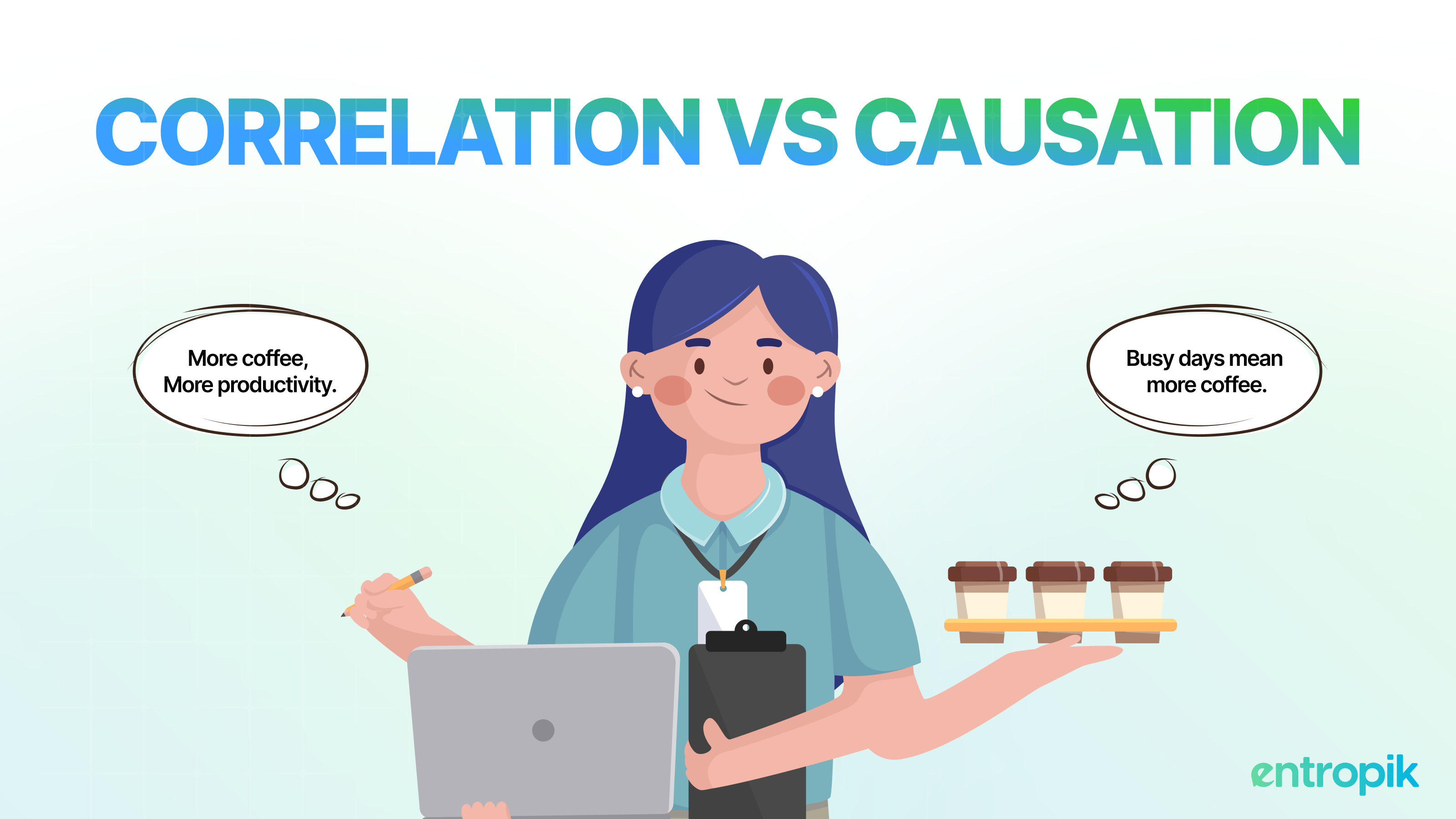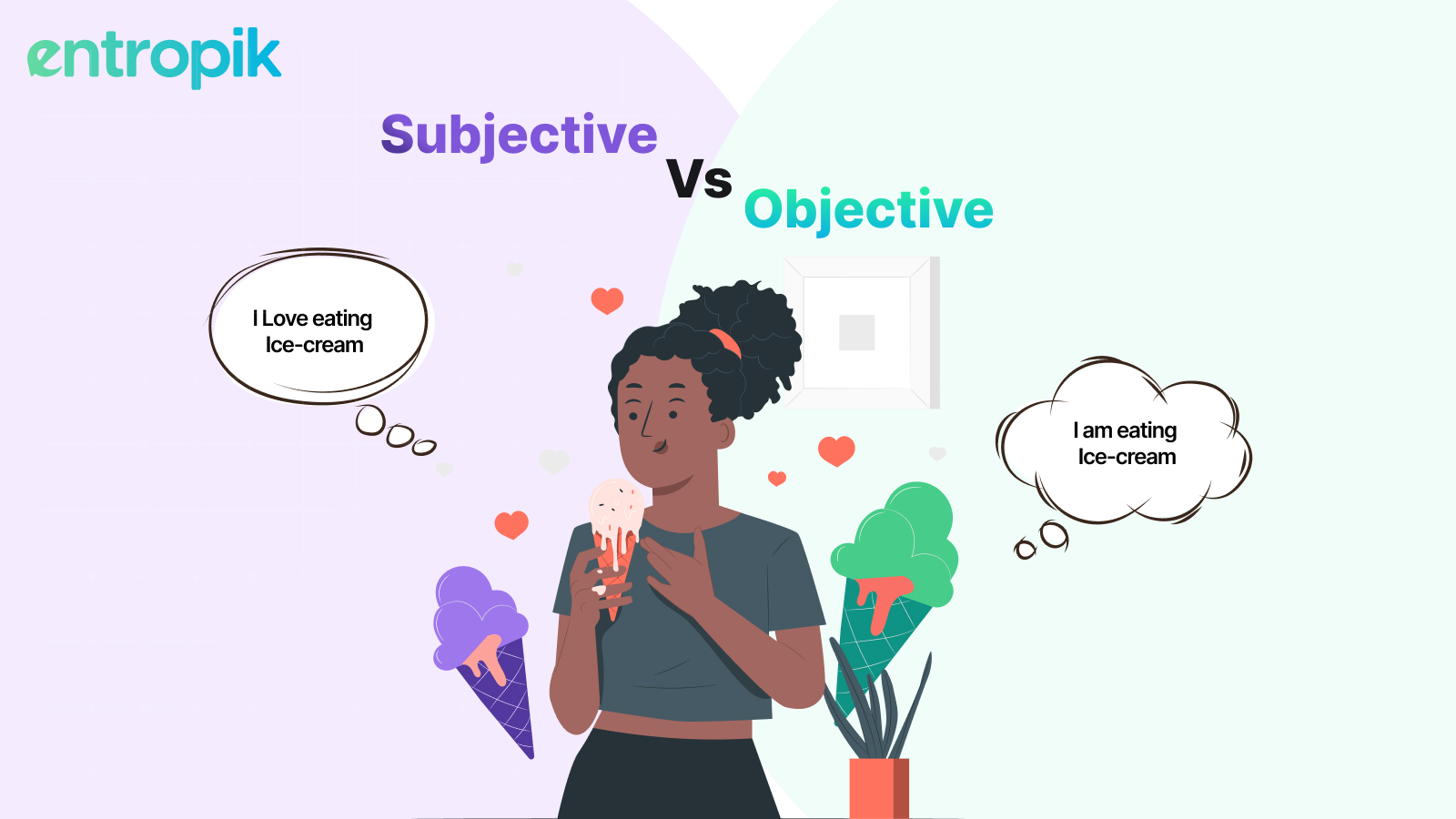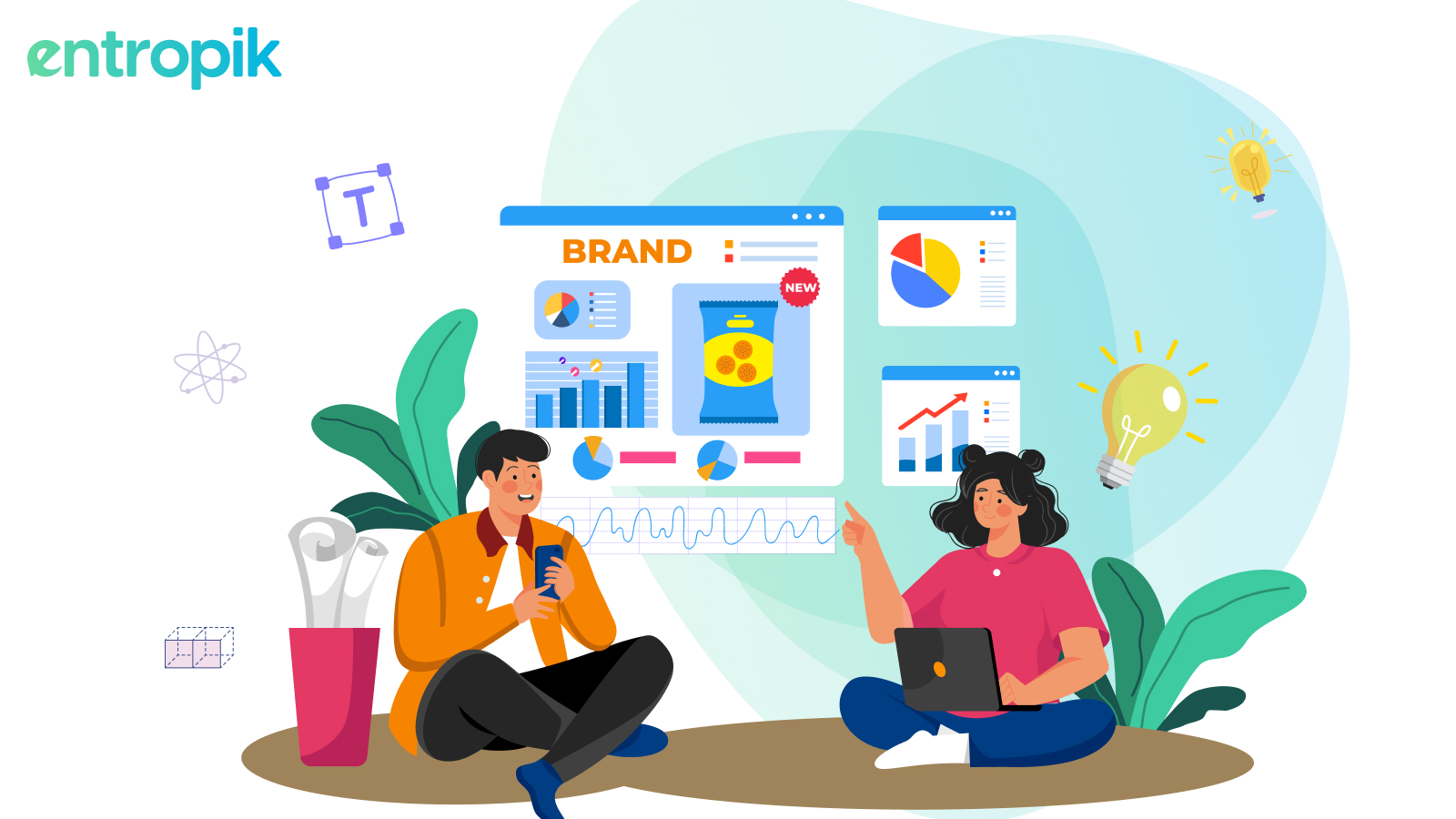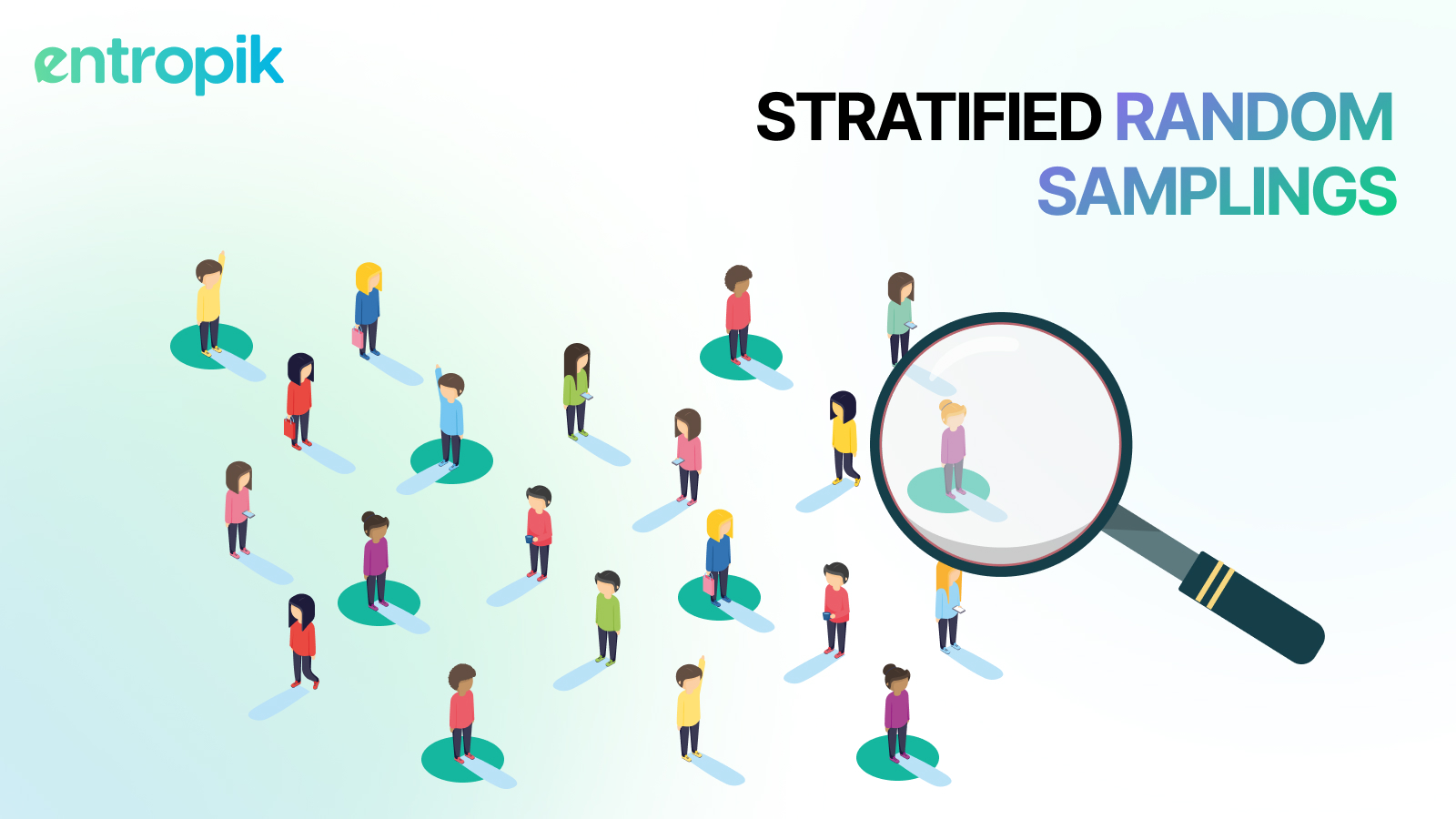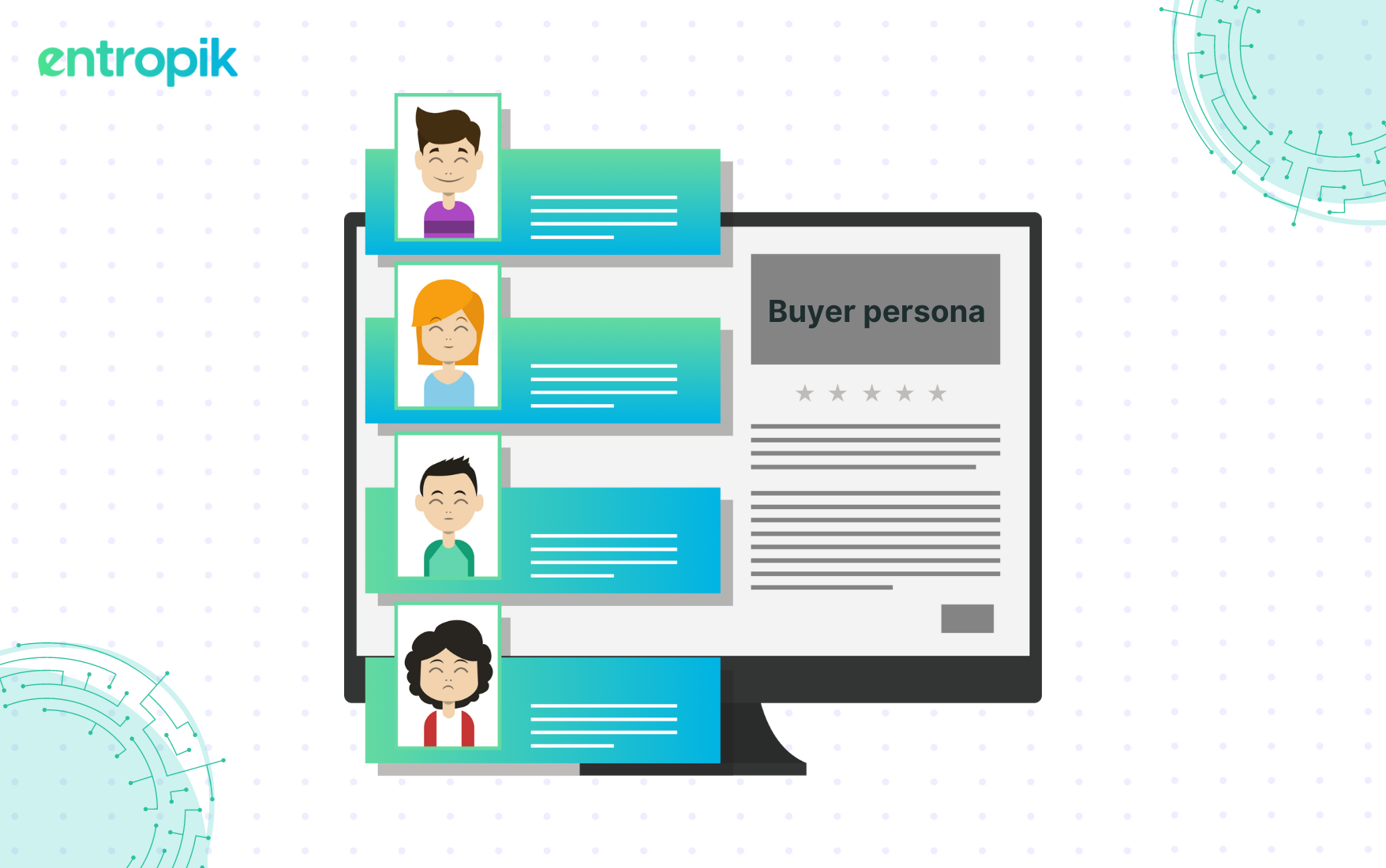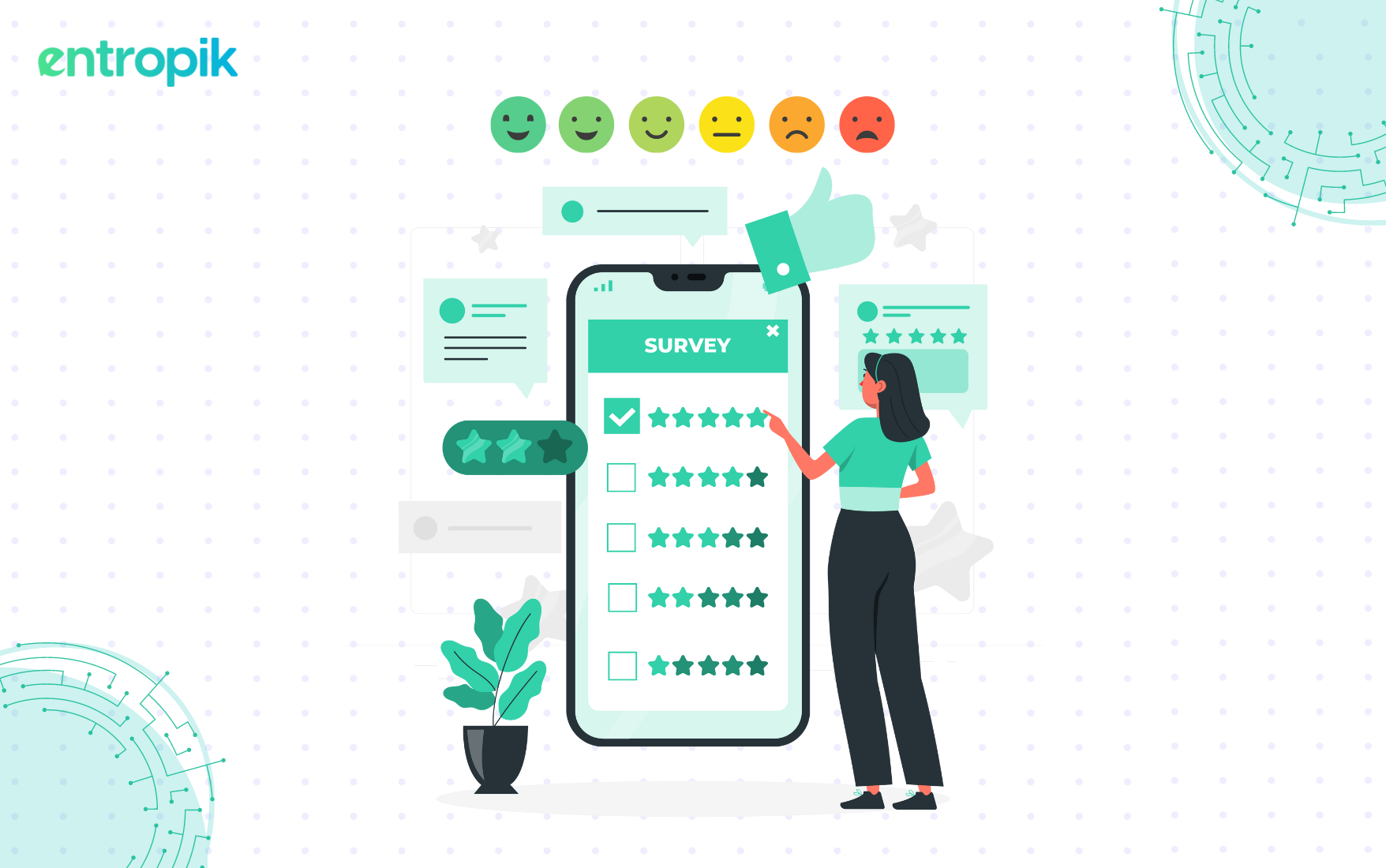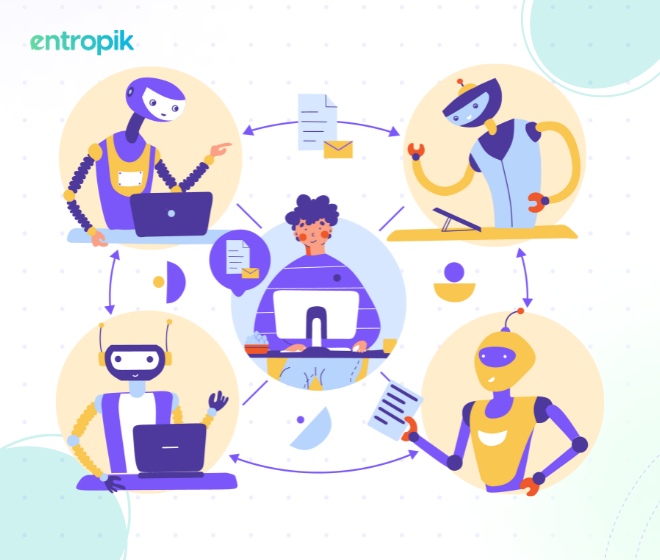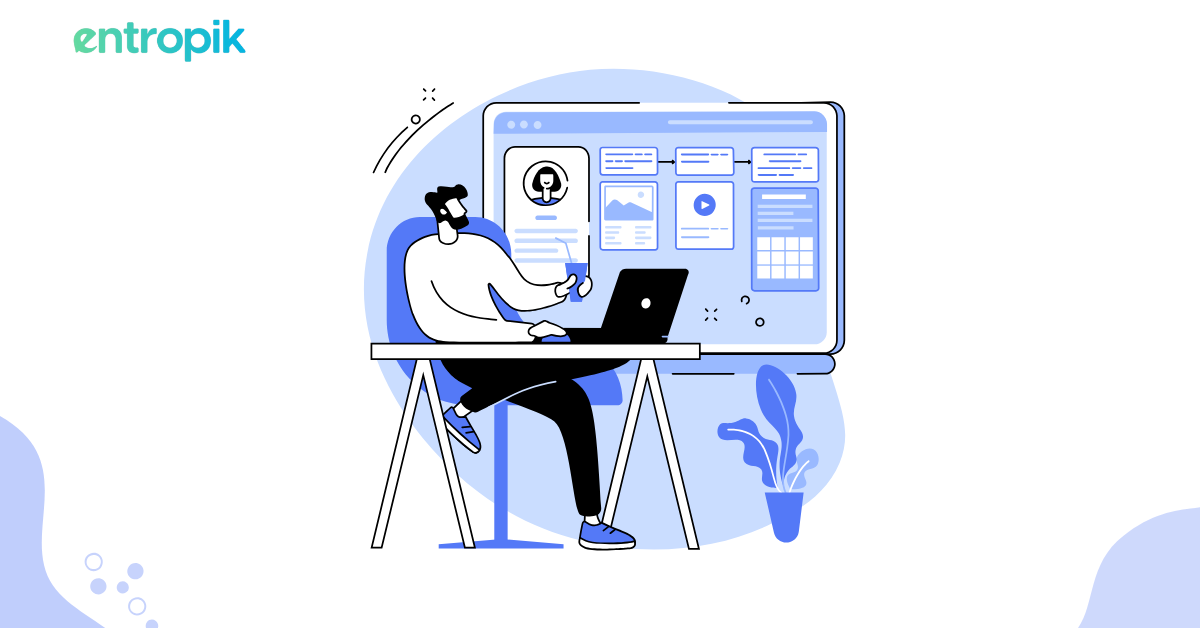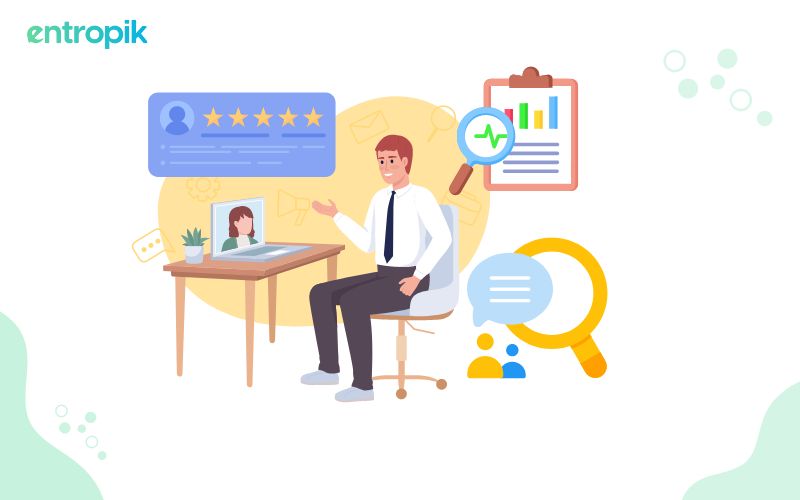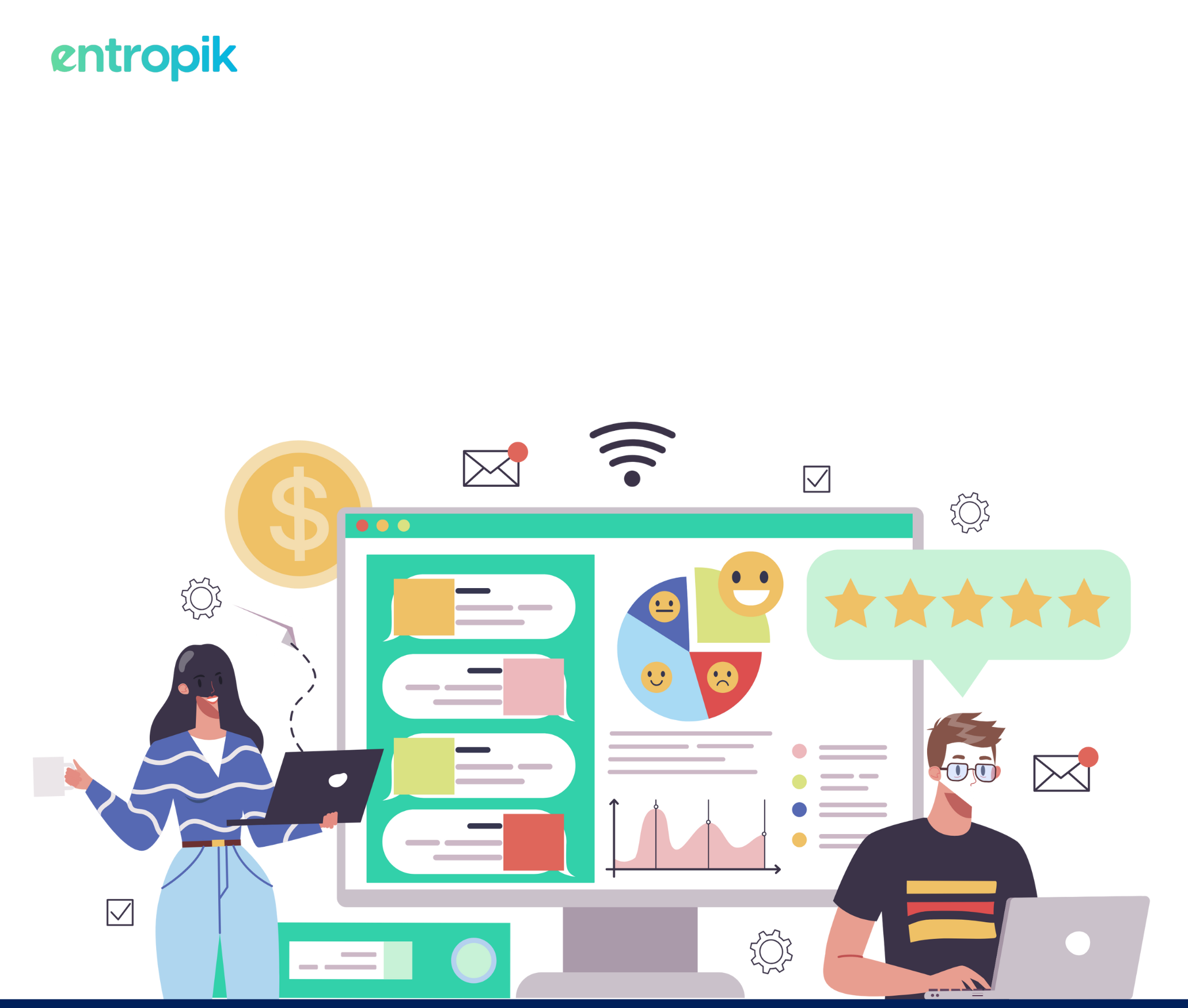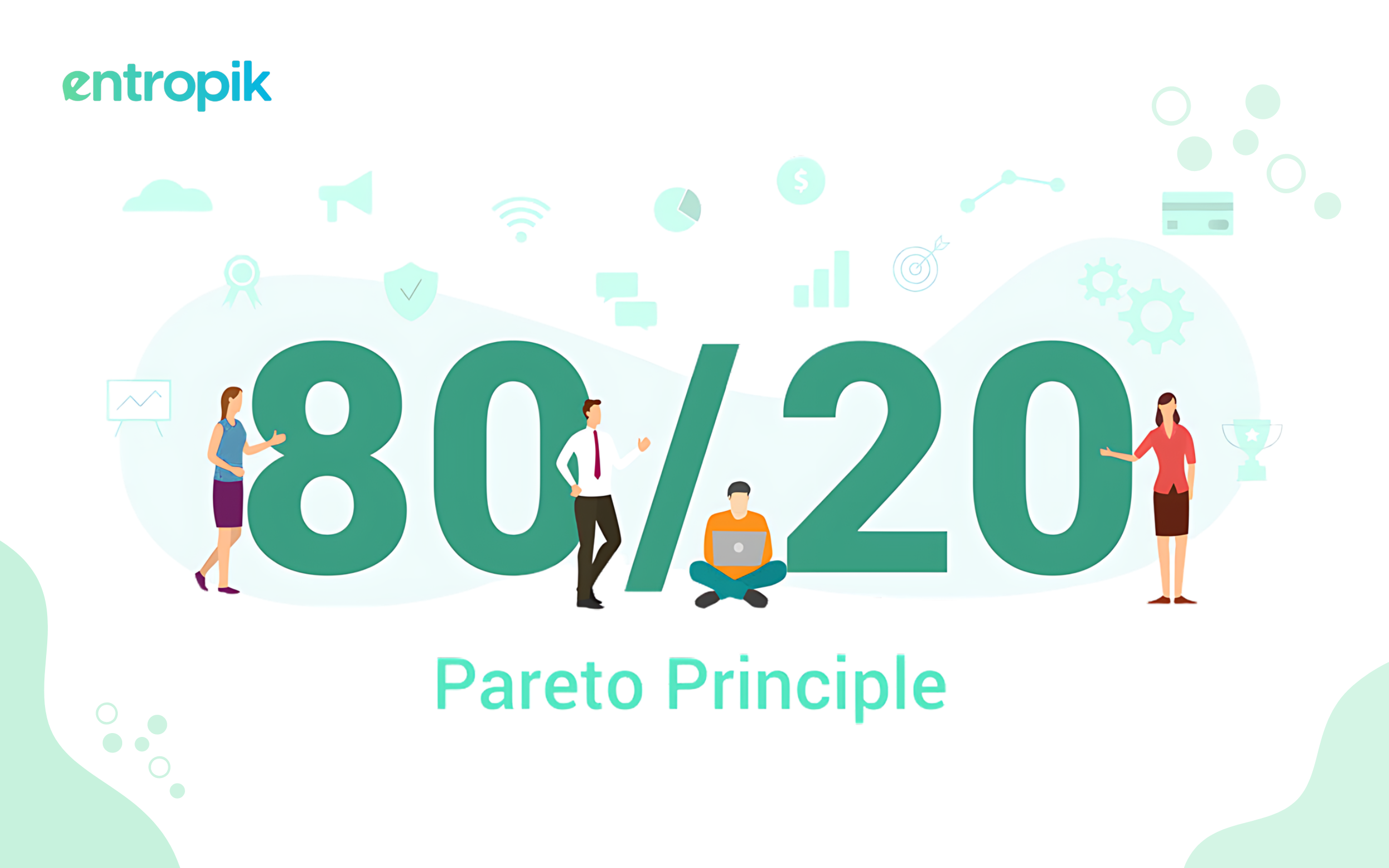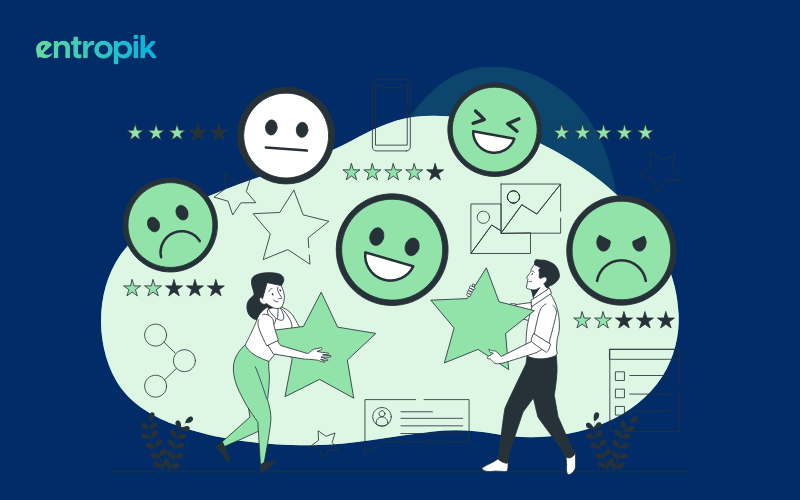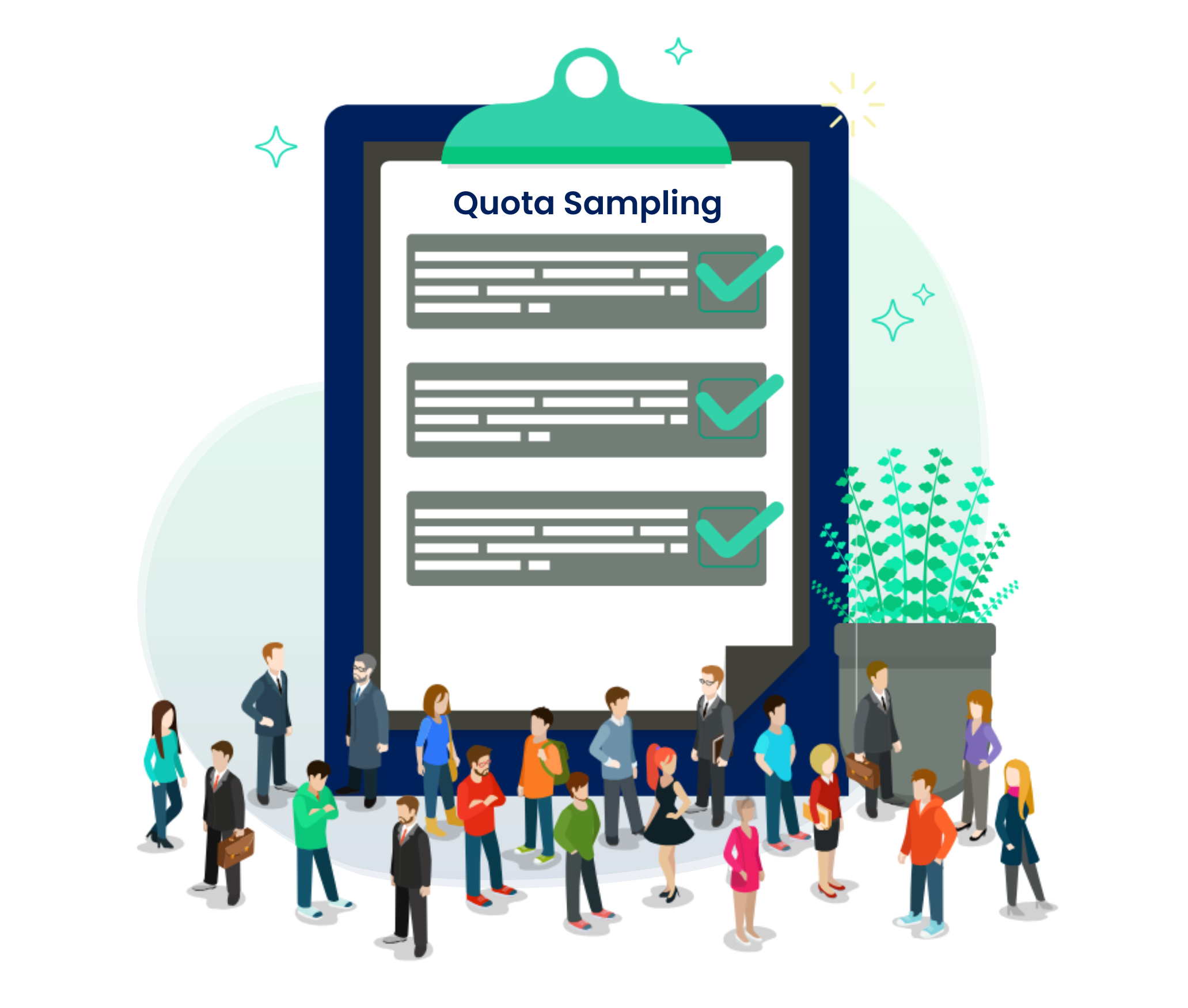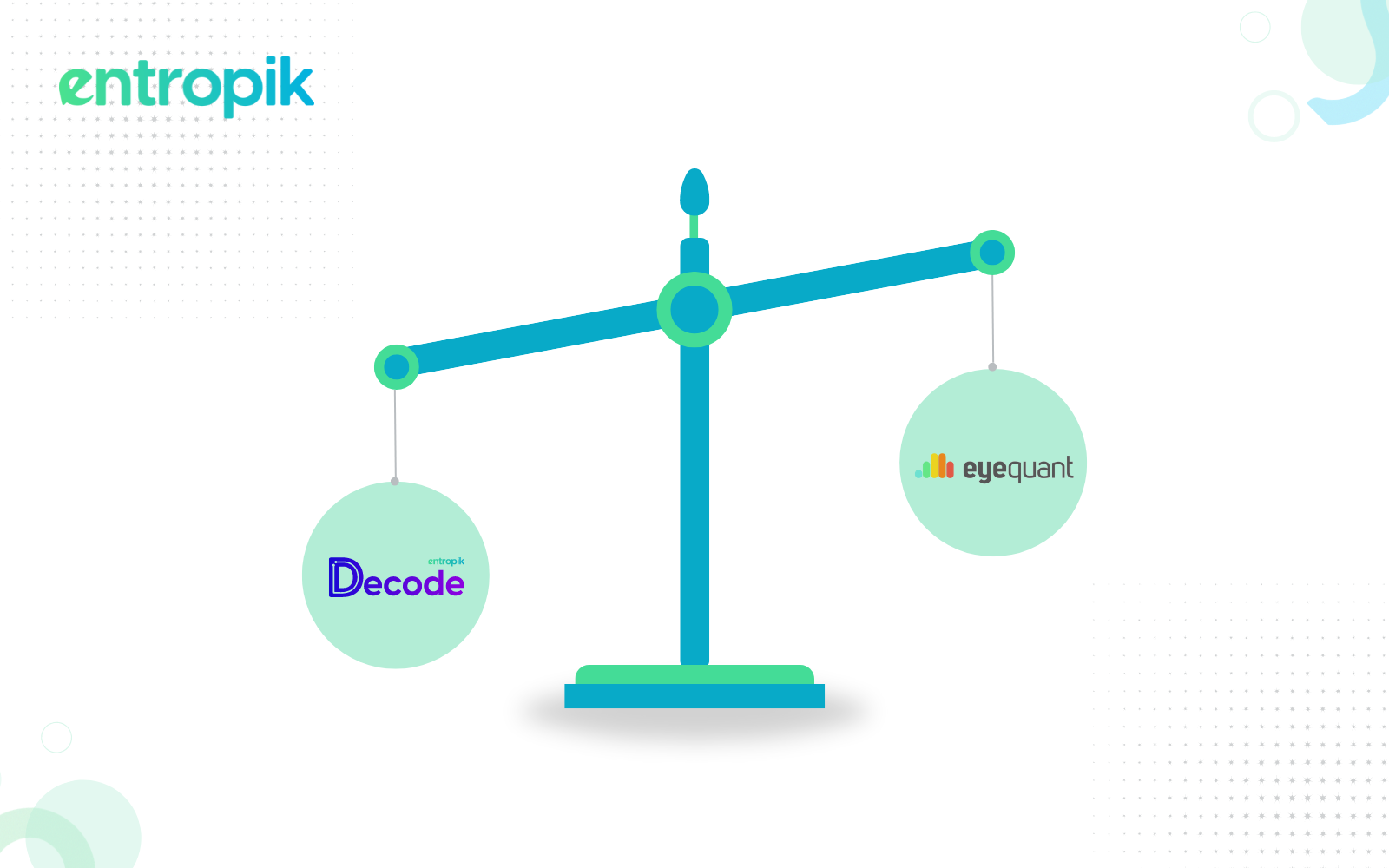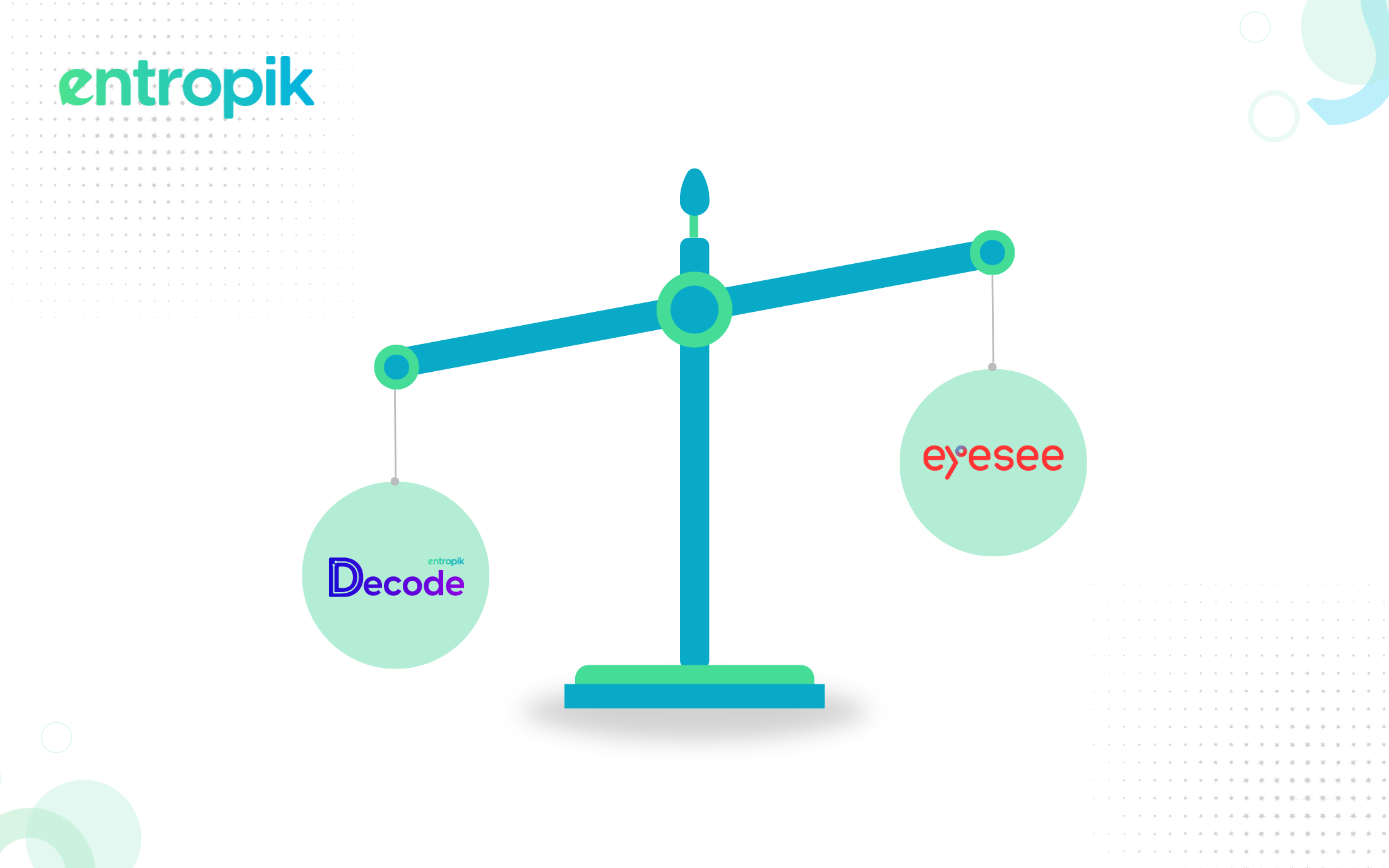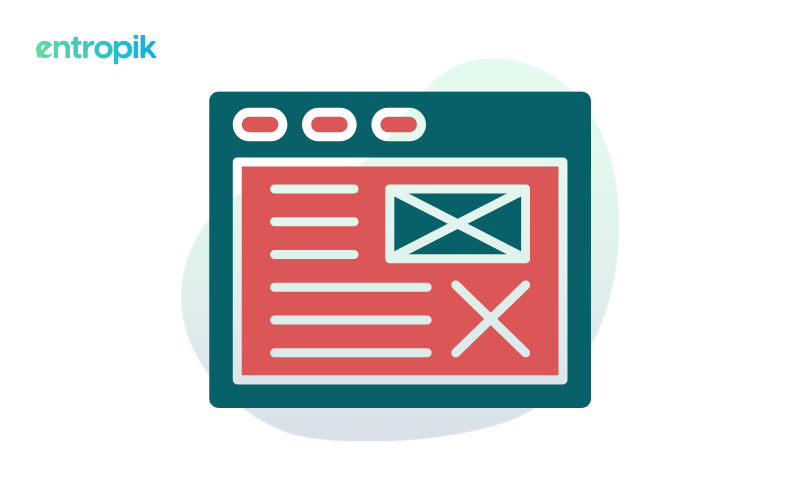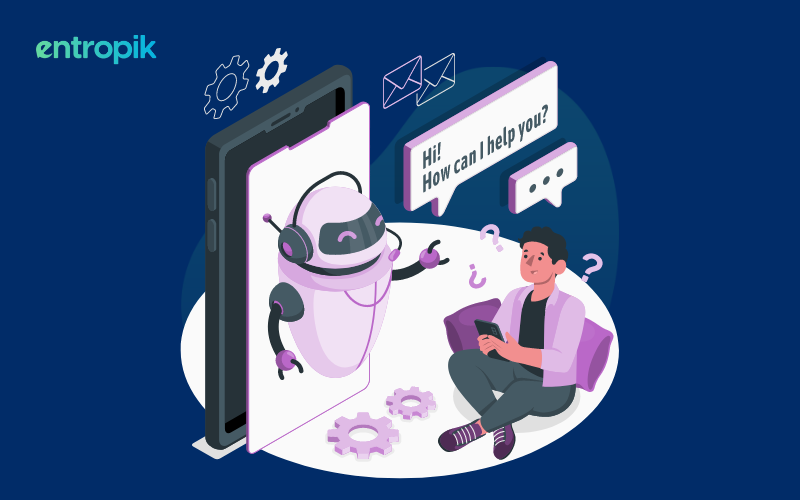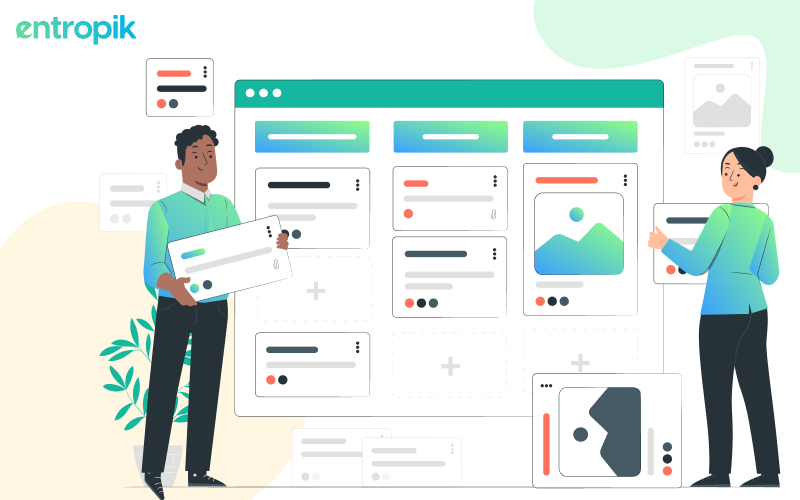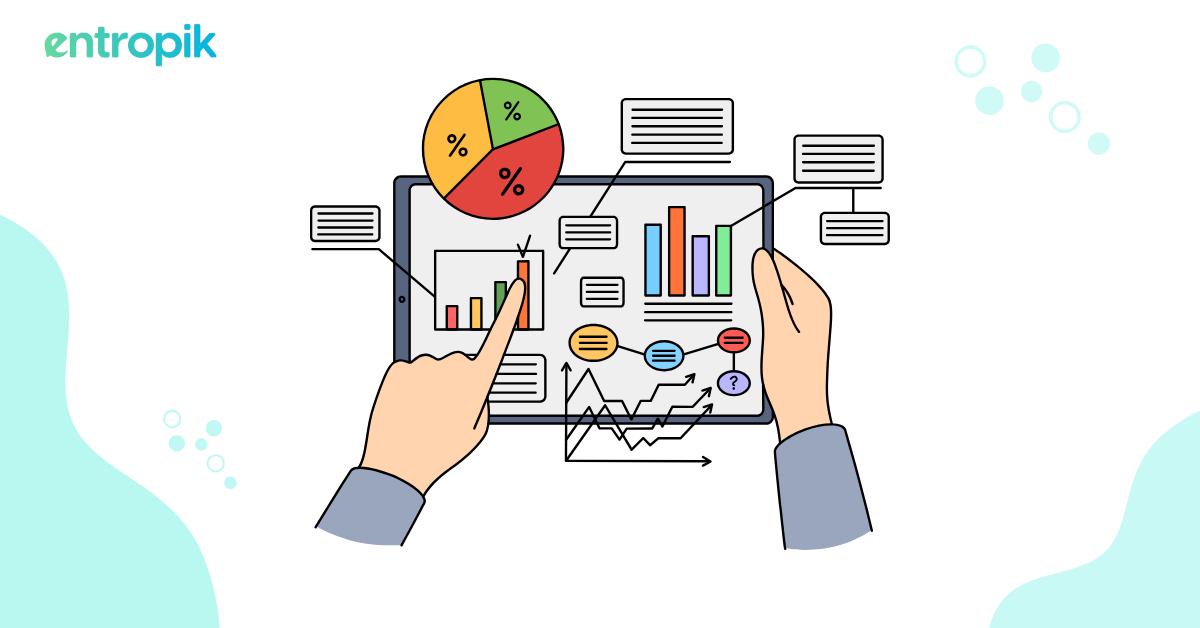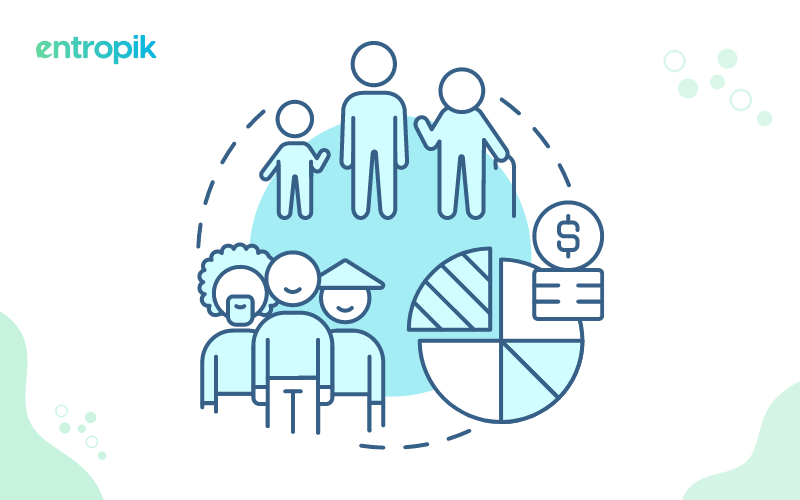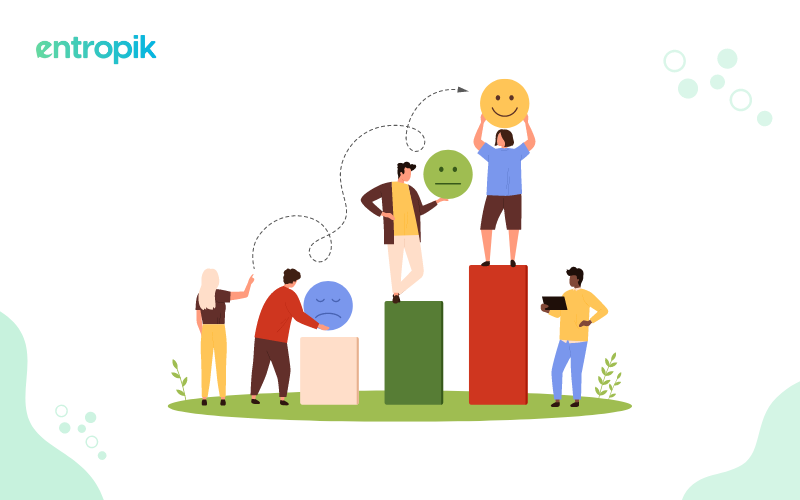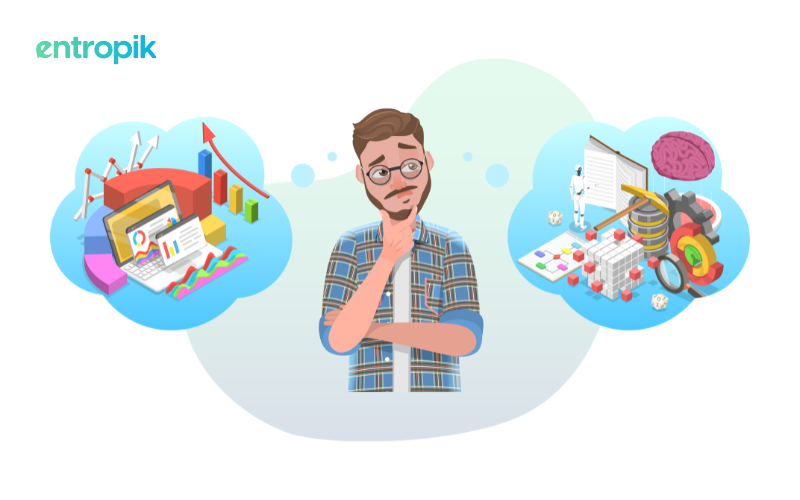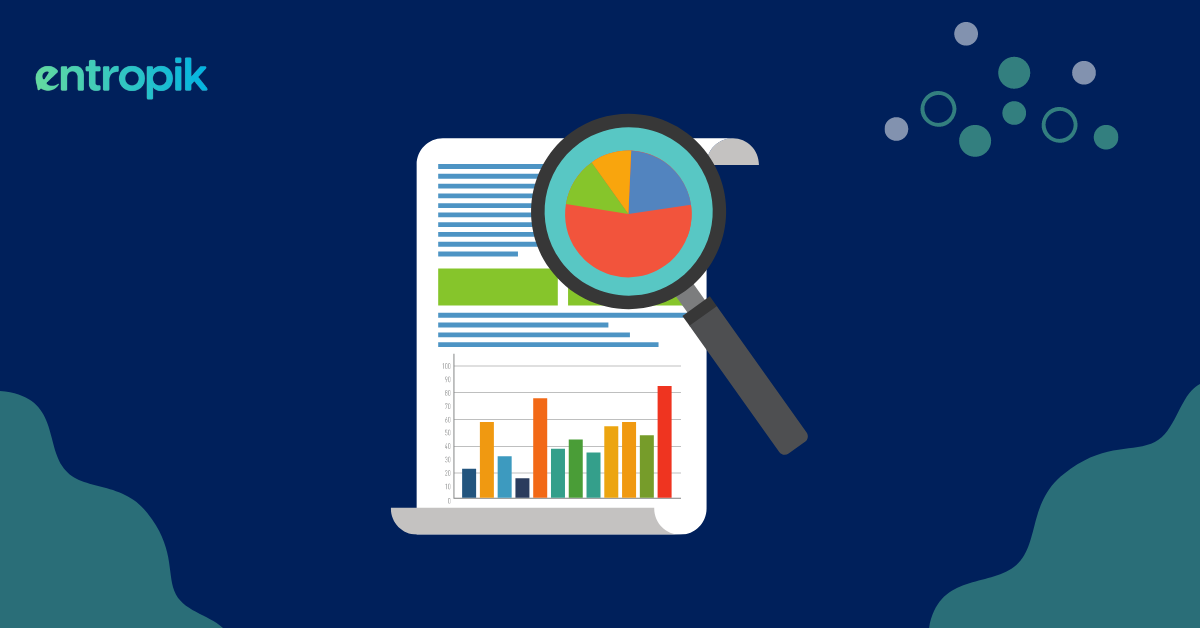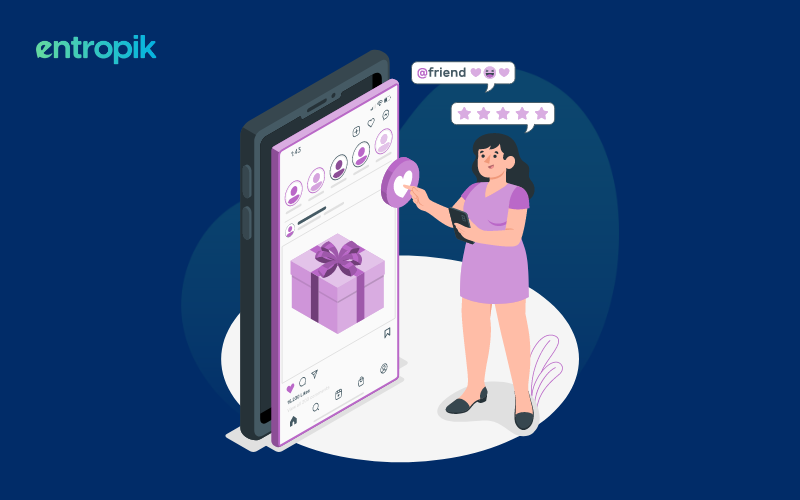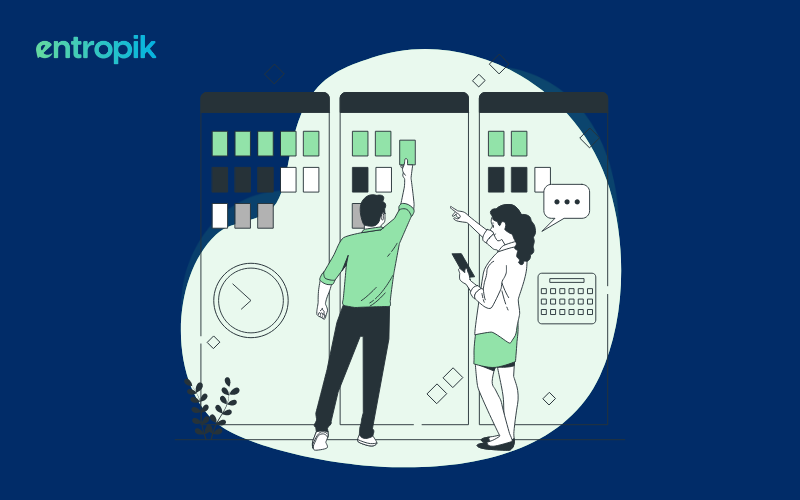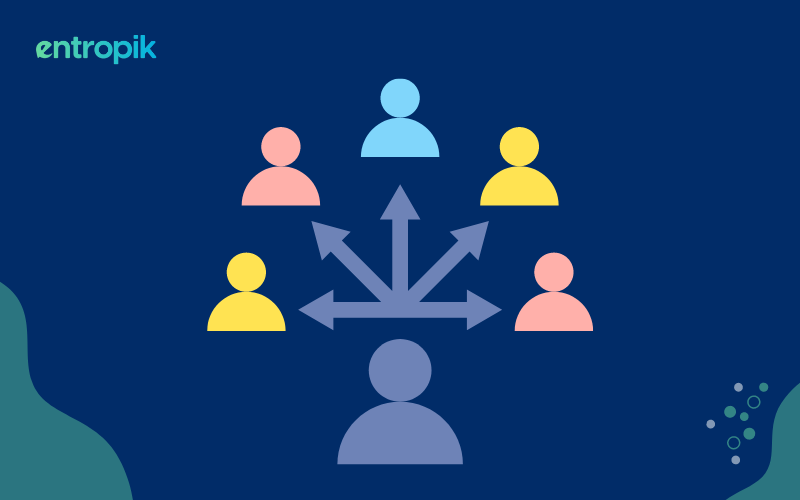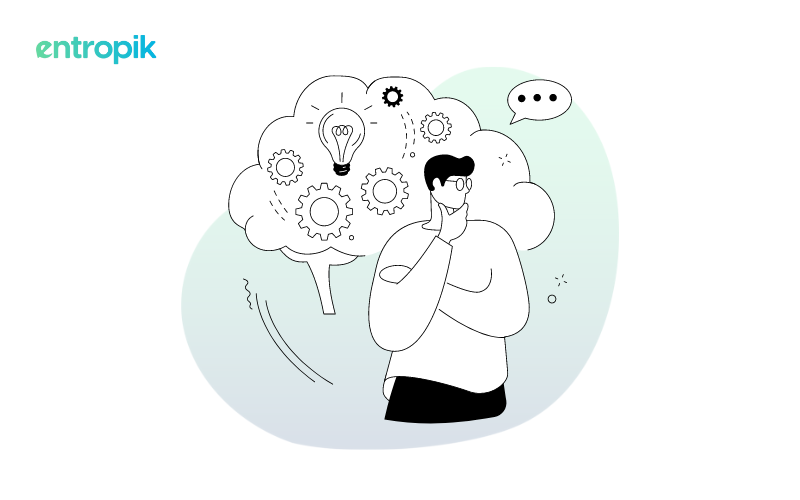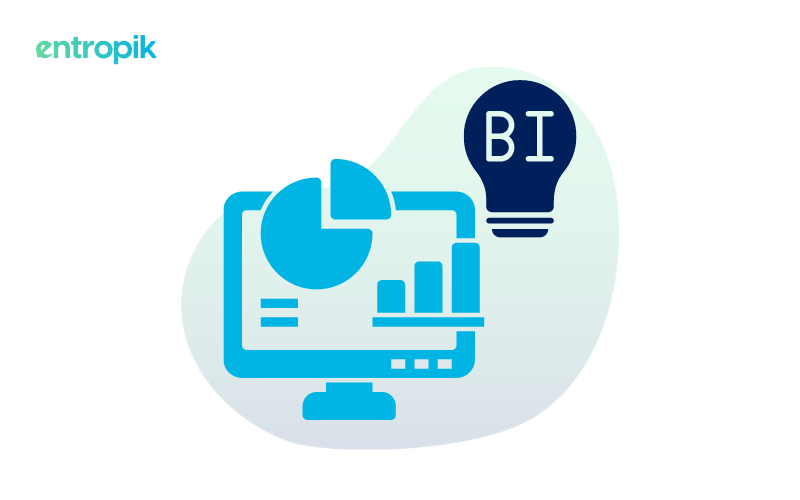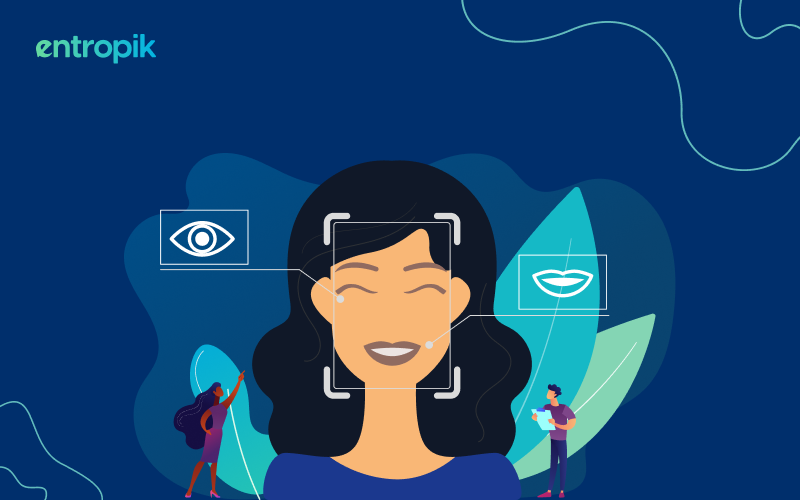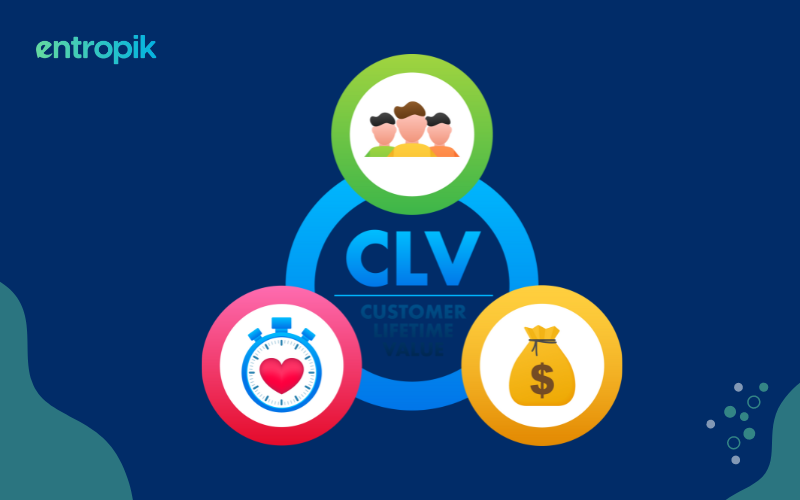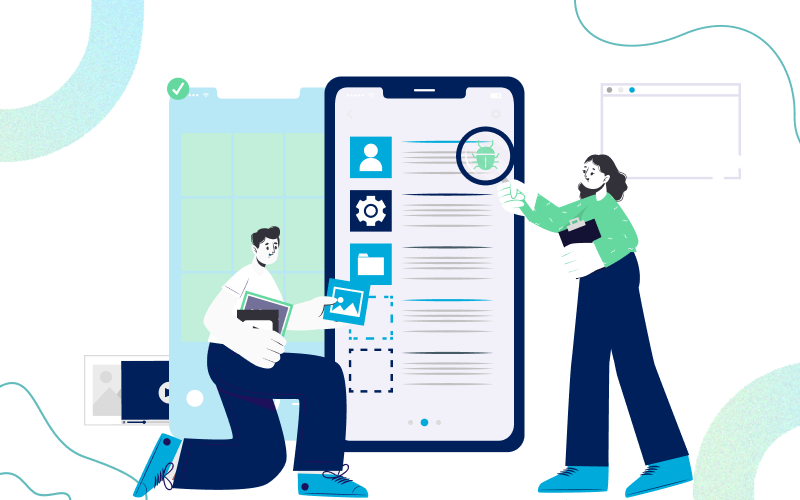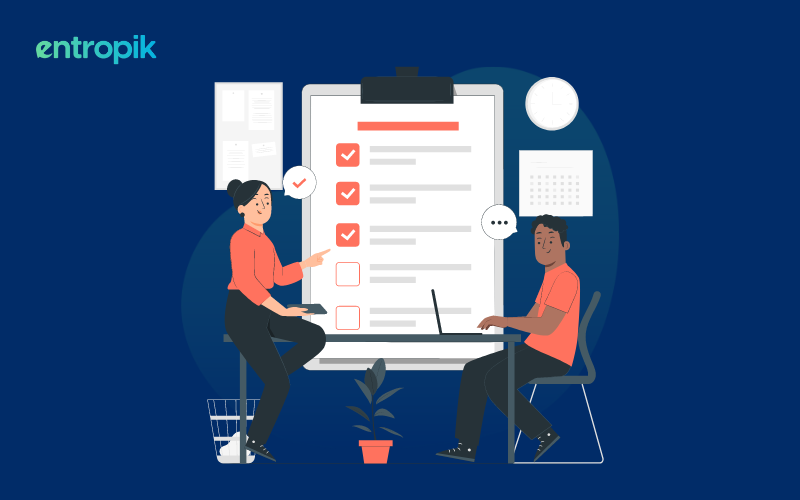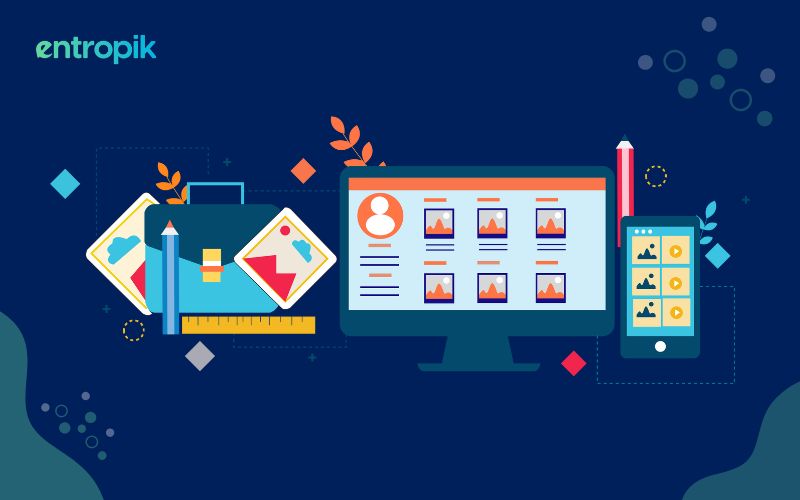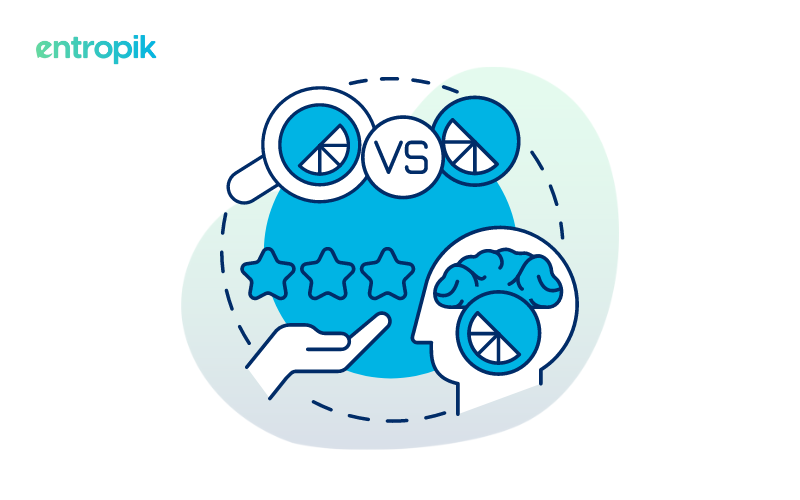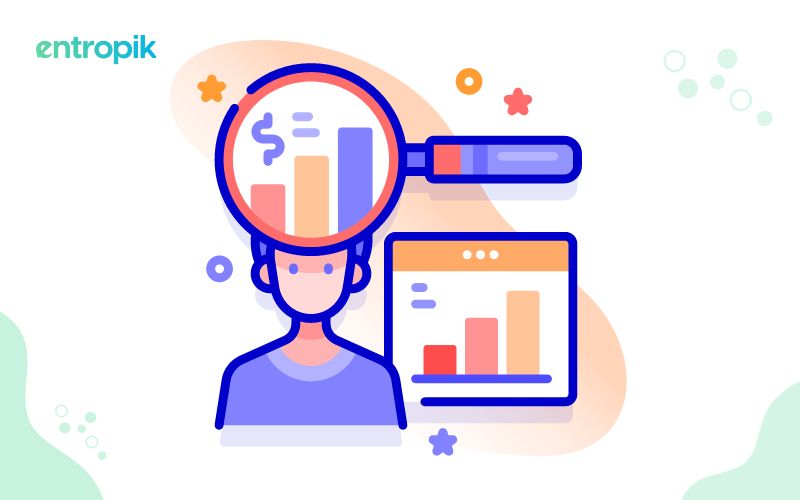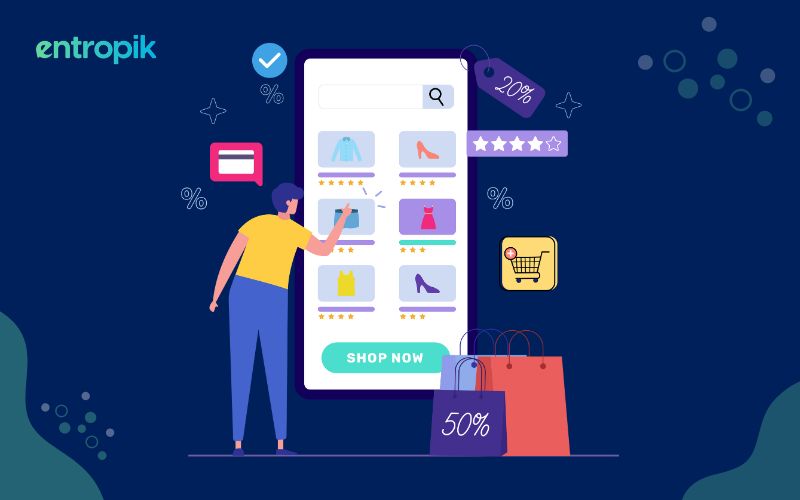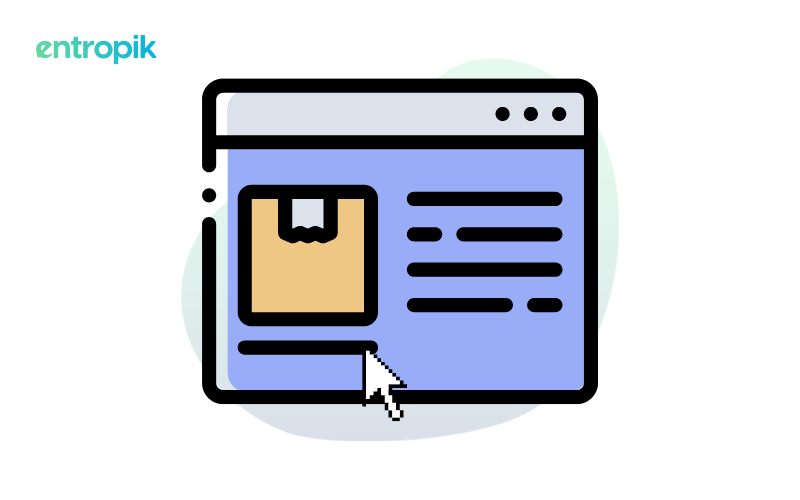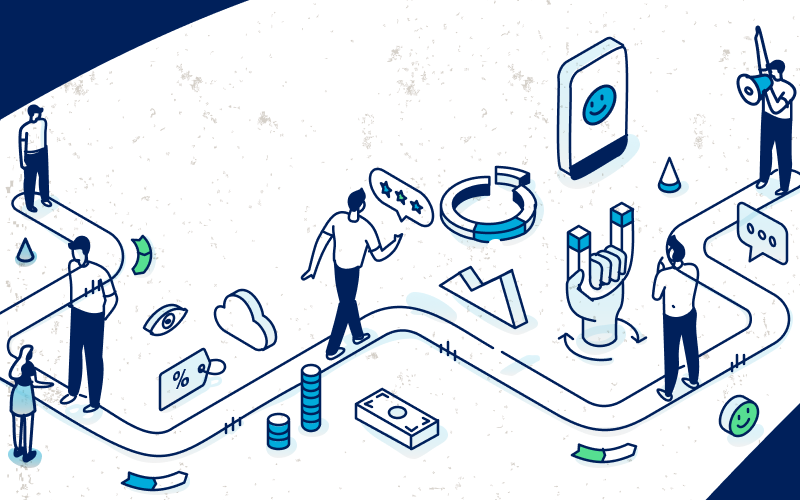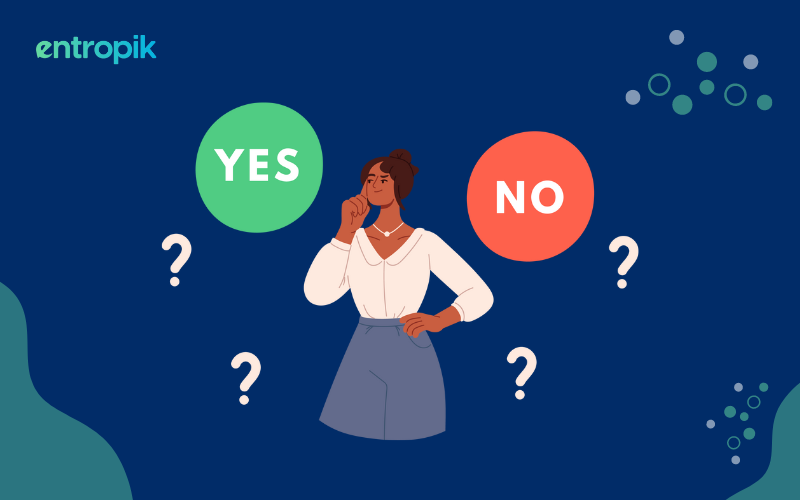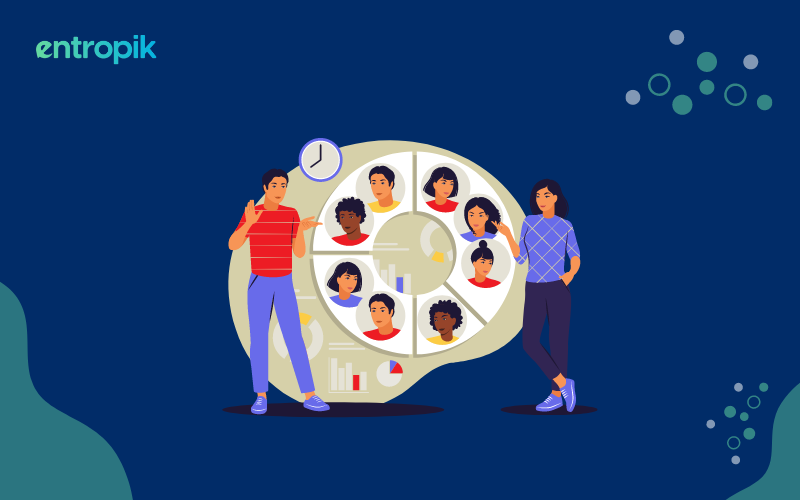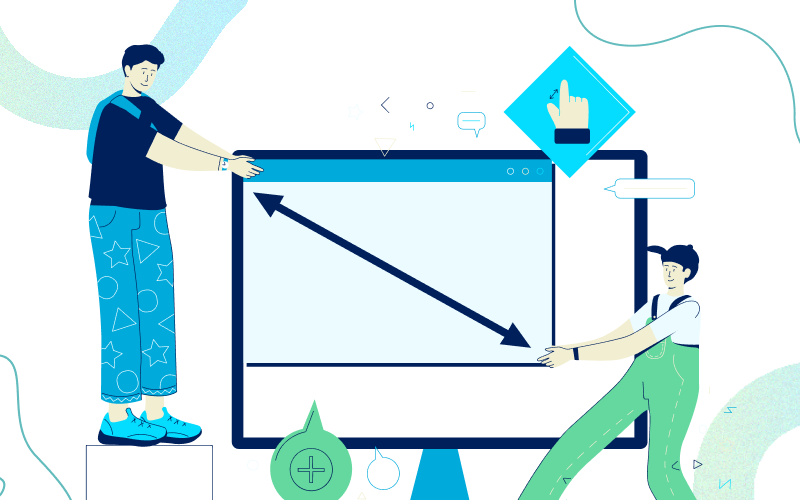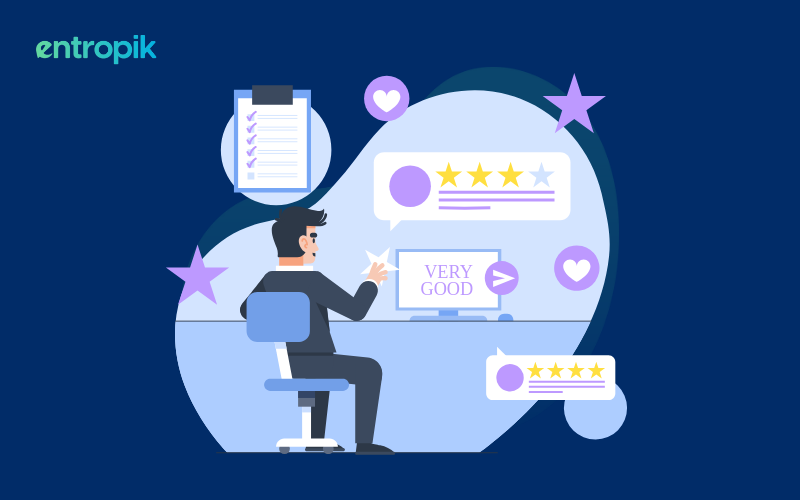In recent times, the term "brand experience” has gained significant traction. So what exactly does it mean, and why is it important for businesses to understand its importance? Read on to understand the brand experience in detail, its significance in businesses and how it is shaping consumer perception today.
What is Brand Experience?
Every touchpoint a consumer has with your brand, from the moment they first hear about your product or brand to how they become loyal advocates, is the brand experience. Simply put, it is the sum of every interaction, opinion, and emotion that shapes how they perceive your brand. What expectations consumers have from the brand and how brands deliver on it is key to creating a positive brand experience.
Brand Experience vs. Customer Experience
While both brand and customer experience is closely related, they have certain important distinctions. Below are some of the major differences between the two:

Why Are Brands Important?
Before getting into the nitty gritty of brand experience, it is important to understand why brands matter for businesses. Beyond logos and timelines, brands have a tremendous impact as consumers turn to them as a result of quality, reliability, and trust built over time. They provide a sense of familiarity and assurance, which makes it an easy experience for consumers to choose from in a market that is highly saturated. This is how successful brands are able to shape perceptions and influence purchasing decisions, leading to loyal customers and advocates for the brand.
Why Brand Experience Matters
Some of the reasons for which the brand experience matters in successful marketing strategies are:
Differentiation: Brand marketing experience often sets you apart from the competition in a market that is very competitive and where products and services do not differ a lot. This uniqueness is what can make you memorable and what loyal consumers might come looking back for.
Customer Loyalty: A brand experience goes beyond prices and other such factors. An exceptional brand experience has a positive influence and fosters loyalty. When customers feel valued and understood by a brand, it leads to an emotional positive connection, which leads to them becoming repeat buyers and loyal advocates.
Word-of-mouth: Positive brand experiences are often shared with friends, family, and other acquaintances. The more satisfied your customers are, the easier it is to spread the word through advocacy and references to amplify your brand’s reach.
Long-Term Success: Brand experience is not a short-term game. By building strong emotional connections with your audience, you cultivate a loyal customer base that sustains your business through changing consumer needs and expectations.
{{cta-button}}
Building Customer Brand Experience
We have covered the basics of understanding the significance of brand experience. Let us now explore how to create impactful brand experiences that resonate with your audience:
Brand Identity: Your brand identity plays a major role in all interactions with your target market. Make sure you clearly define your brand's vision and mission to the larger audience. One of the major aspects of what sets you apart from the rest of the competition is your brand identity, so ensure it is authentic and consistent. Every element of your brand experience, from your logo and visual aesthetics to your messaging and tone, should reflect and reinforce your brand identity.
Know Your Audience: You must understand your target audience in order to create experiences that resonate. For that, market research to gather demographic and psychographic data is imperative in developing buyer personas and representing different segments of your target audience, including their needs, preferences, pain points, and aspirations. Understanding your target audience in depth will help you tailor brand experiences based on their needs and desires.
Brand Consistency: To build a cohesive brand experience, consistency across all consumer touchpoints is important. Every encounter should reinforce your brand's identity and values, from your website and social media presence to in-person interactions.
Create Seamless Experiences: Once you have built consistency in your messaging, it contributes to creating a more impactful and seamless brand experience, creating a unified brand identity, and reinforcing trust and familiarity with your audience. Audiences interacting with your brand through your website, social media channels, mobile app, physical stores, or customer service should aim to deliver a cohesive experience.
Build Engagement: Ensure you build meaningful relationships with your audience with active engagement and communication. You can do that through social media, email marketing, community forums, or events. Encourage feedback, respond promptly to inquiries and comments, and show appreciation for your audience's support. Actively engaging with your audience builds rapport, gathers valuable insights, and strengthens brand presence and loyalty.
Offer Value: To truly resonate with your audience, your brand experiences must provide tangible value that meets their needs and exceeds their expectations. Whether you're offering educational resources, entertaining content, innovative products, or exceptional customer service, focus on delivering value that enhances your audience's lives. Consider the specific pain points or challenges your audience faces and tailor your offerings to address them effectively.
Measure and Iterate: Continuous improvement is essential for creating impactful brand experiences that evolve with your audience's needs and preferences. Use data and analytics to measure the effectiveness of your brand experiences, including metrics such as consumer engagement, customer satisfaction, brand sentiment, and conversion rates. Feedback should be gathered from your audience through surveys and other forms of research. You can use these insights to identify areas for improvement and optimize your strategies accordingly.
Brand Experience Examples
To show the impact, let us look at examples of some of the best brand experiences:
Apple: Apple as a brand is known for its innovative design and simplicity of function. The sleek product design, intuitive user interfaces, and exceptional customer service is a testament to showcasing the brand’s commitment to excellence and creating a memorable brand experience.
Nike: Nike’s brand experience is built on its core values like empowerment, inspiration, and athleticism. We have all seen the power of sponsorships of elite athletes, and immersive retail experiences for the brand. Add to that the compelling storytelling, and you can see how Nike fosters a sense of belonging and motivation among its audience.
Disney: Think of a brand invoking wonder and nostalgia and Disney would be high up on that list. The success story plays across different customer segments. Whether through its theme parks, movies, or merchandise, Disney transports audiences to enchanting worlds where dreams come true.
How can Decode help?
You cannot win a war without the right tools. That holds true for creating the right brand experience strategy. With Decode, our consumer research platform with Insights AI, you can uncover unbiased, accurate data about consumer perception of your brand. This would help you in making pinpointed changes to improve your product or experience and deliver what consumers really care about.
Conclusion
Brand experiences are at the core of successful marketing strategies. Achieving authentic, memorable experiences that resonate with your audience where you can differentiate your brand, foster customer loyalty, and drive long-term success is no easy feat. Only by driving strategies to create memorable experiences can a brand succeed in building success with customers who come back for more.
{{cta-button}}


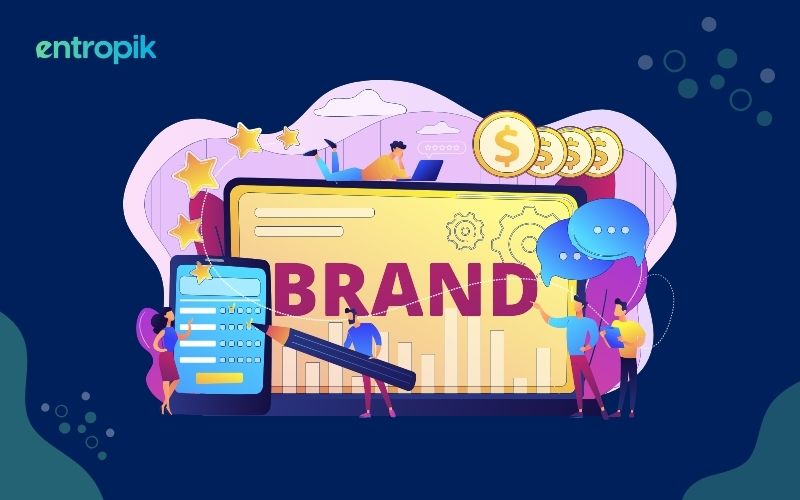












.jpg)



